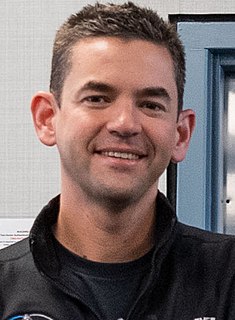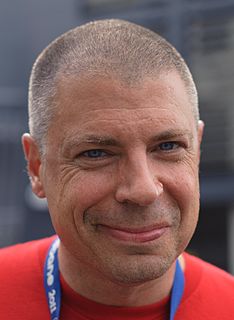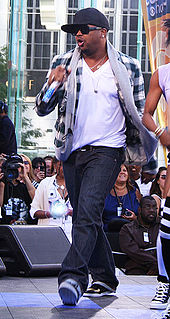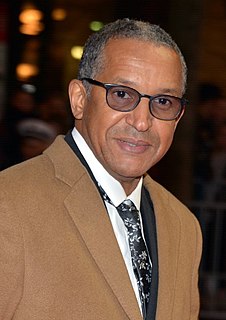A Quote by Warren Ellis
Here's the thing about Apple technology: once you own a piece, you want to use it.
Related Quotes
I want my music to be something that people use in order to access parts of themselves. So in that sense, every piece I write is about all emotions at once, about the lines in between. It's never only about one thing or another. It's emotionally getting at those things that we can't really describe - things for which we don't have labels. So yes, it's about something, and it has a use. It's neither about nothing nor about something concrete - it's about what you bring to it as a listener.
All through time in Apple products, even from our very first ones, that's how he [Steve Jobs] looked at the world, that you don't really want a piece of technology, a certain type of chip. What you want is a solution to a problem in life, some cause, some issue that you want in your life that'll help you. And it's how do you make that almost one step - say it and it happens.
John Sculley ruined Apple and he ruined it by bringing a set of values to the top of Apple which were corrupt and corrupted some of the top people who were there, drove out some of the ones who were not corruptible, and brought in more corrupt ones and paid themselves collectively tens of millions of dollars and cared more about their own glory and wealth than they did about what built Apple in the first place which was making great computers for people to use.
People always think of technology as something having silicon in it. But a pencil is technology. Any language is technology. Technology is a tool we use to accomplish a particular task and when one talks about appropriate technology in developing countries, appropriate may mean anything from fire to solar electricity.
I believe 3D is inevitable because it's about aligning our entertainment systems to our sensory system. We all have two eyes; we all see the world in 3D. And it's natural for us to want our entertainment in 3D as well. It's just getting the technology - it's really more the business model than the technology piece. We've solved the technology.
Of course, technology is very important now. It's there, its available. It's there to be use however you see fit. You can use it and the jihadist can use it. In their case they have been very effective at making use of technology, particularly with websites. It's primarily through these websites that they do their recruiting. But it's not technology that makes them that way.




































